Explore collective bargaining around Europe
Across Europe, trade unions are fighting to defend collective bargaining. Find out more about the situation in each country by clicking on the map.

Europe
Spain

The crisis following 2008 hit workers especially hard. During the past decade, 2.3 million people have lost their jobs, accounting for 37% the of total job losses across the EU.
The Spanish Government, under pressure from the Troika, changed the labour law in 2012 making work much more instable: it became easier to fire employees and to employ people under temporary, short-term contracts. As a result, what work is available is often badly paid and insecure.
Before the change in legislation, trade unions negotiated agreements with employers for whole sectors of the economy. This helped to maintain wage levels and provide good jobs. The new law undid these protections leading to lower pay and more redundancies.
But ordinary workers have fought back. In the Navantia shipyard in Ferrol, the union has negotiated an agreement ensuring that when workers retire, they are replaced by young people, with a guarantee that 75% will be on permanent contracts. Learn more about Iván, a worker at Navantia, and his colleagues’ fight for quality jobs in our video.
Click here for videos and more information about collective bargaining in Spain.
Belgium

Most workers in Belgium are covered by a collective agreement. As well as securing wages, this gives workers a say in things like pensions, conditions and working time.
Nathalie works in a small plant making sterile surgical supplies in the south of Belgium. Her colleagues urged her to become the shop steward four years go: “They said, you get on well with people and you’ve got the gift of the gab. They knew I was a bit of a rebel and wasn’t afraid of men, so I thought why not? I wanted to defend my colleagues’ rights.”
A few years later, new management took over the plant. “We had negotiated a reduction of working time from 40 hours to 37 hours a week with the old management. The big boss of the new multinational came to visit, with his HR director and they threatened us with going back to the forty-hour week.” But, by working together and organising amongst the workers, they held strong. “We got all the workers together and… they voted to keep the 37 hour week.” Faced with such strength of feeling, management had to back off.
“It might not seem like much but three hours, for a woman, is a lot… It’s time won to spend with our families.”
It's everyday victories like this that show the power of coming together in a workplace and standing up for our rights.
Find out more about collective bargaining in Belgium.
Romania
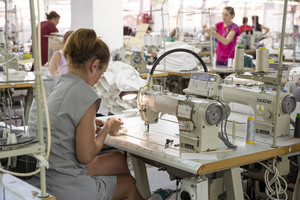
Although less publicised than countries like Spain and Greece, Romania was also subjected to austerity policies imposed by the Troika. Before the crisis, it was the only country in Eastern Europe to have sectoral collective bargaining, meaning all workers in a sector could be covered by a single agreement.
A new labour code that followed the crisis tore that up. Without the protections of sector-wide deals, the number of workers earning minimum wage quadrupled in six years and in-work poverty soared. This was despite low unemployment caused by talented young people going abroad, unable to earn a living in Romania.
Gabriel Stanescu has worked for the trade union representing workers at the Romanian oil company, Petrom, since 2005. He was previously an oil worker himself. According to him, the new law has been disastrous. He gives the example of engineers who “started to receive the minimum salary, whereas before the national and the sectoral agreements ensured that they get at least 20% or 30% extra.”
You can hear the incredible story of a group of women who started a union in their textile plant and have won a better life for themselves and their colleagues in the campaign video.
Read more about the Troika, the crisis and the fightback in Romania here.
Greece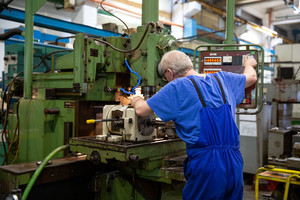
Since the crisis, Greece has become synonymous with austerity and the Troika. It has been working people who have been hit hardest, as they suffered both the massive cuts in public services and the widespread unemployment that came from the austerity plan.
This plan, as well as tearing apart social protections, was underpinned by the destruction of collective bargaining. The bailout programmes changed the industrial-relations system from one that protected workers to one that favours big business. With unions effectively prevented from negotiating fair wages, pay was cut by up to 20%.
Sectoral agreements that covered all workers in a sector were abolished under the Troika plan, allowing employers to pay less whilst unemployment skyrocketed to 27%. The previous left-wing government had promised to bring back these industry-wide deals as a way to help restore Greek workers’ living standards. With the change of administration, it remains to be seen if this will happen. But whoever is in government, the facts remain the same: the only way to restore wages is to allow unions to once again sit down with all employers in a sector and agree a good deal for workers.
Read more about Greece in the Campaign Briefing.
Germany

In Germany, the process of decentralising collective bargaining began after an economic crisis but, in this case, it was the one that followed the reunification of the country in the 1990s.
Things came to a head in 2003 when the Red-Green government announced its notorious Agenda 2010 which included a comprehensive programme for weakening labour-market regulation. When the crisis arrived, manufacturing and industry were hit particularly hard by a drop in demand. However, unions managed to stave off job losses in a difficult situation, whilst also rejecting pay cuts, by negotiating reduced working hours until the situation improved.
Coverage varies by sector and region, with the West and industrial sectors benefiting from higher levels of organisation. For some sectors, more support from government and cooperation from employers is required. However, as elsewhere, the best route to good negotiations is strong trade unions, which is why German unions are prioritising growth and recruitment.
You can find out more about the situation in Germany here.

You can find out more about collective bargaining in every country in Europe here.
We will be updating the map with more information for each country as the campaign gets underway.
In the meantime, watch the video or read the briefing.

The Italian economic crisis slowly matured in the early 2000s, after the introduction of the Euro, where instead of investing in productivity and quality, Italian companies chose to reduce production costs by providing semi-finished products abroad and introduced the flexibility of the labour market. This led to the disappearance of small and medium-sized companies that produced for third parties and everything that was exposed to international competition on prices was literally left alone.
Read more about collective bargaining in Italy and watch the video.

You can find out more about collective bargaining in every country in Europe here.
We will be updating the map with more information for each country as the campaign gets underway.
In the meantime, watch the video or read the briefing.

You can find out more about collective bargaining in every country in Europe here.
We will be updating the map with more information for each country as the campaign gets underway.
In the meantime, watch the video or read the briefing.

You can find out more about collective bargaining in every country in Europe here.
We will be updating the map with more information for each country as the campaign gets underway.
In the meantime, watch the video or read the briefing.
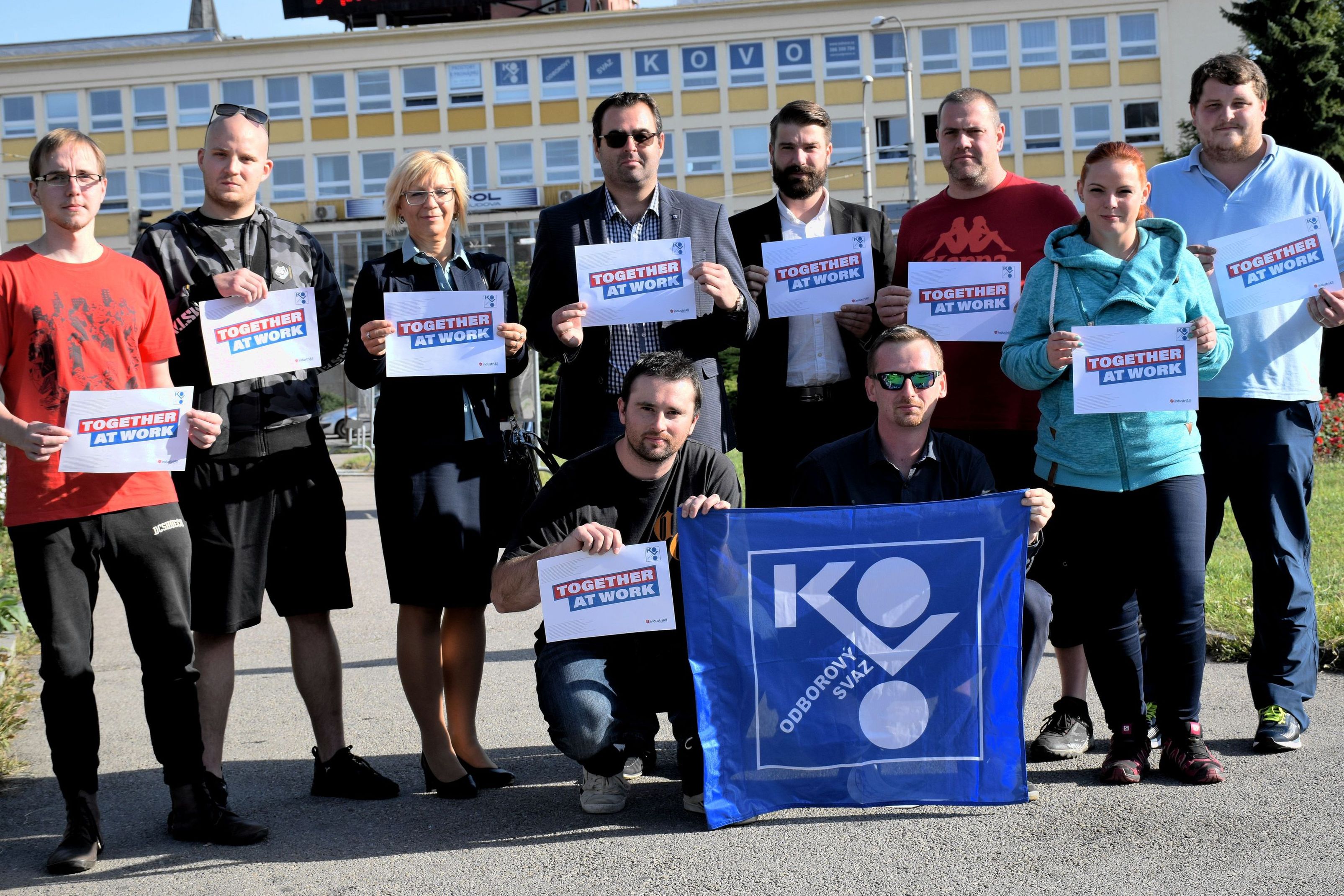
The crisis had no significant impact on the collective bargaining in Czech Republic. Negotiations still exist at sectoral and corporate level, legal instruments are available, and there is also a legal system for extending sectoral contracts.
But unfortunately, what is wrong is the approach of employers, especially in the automotive industry, steel or engineering. A negative approach to sectoral negotiations started long before the crisis. We could say that it started with the entry of foreign investors. Although they negotiate sectoral agreements in their home countries, they do not even associate in the Czech Republic, or their associations do not negotiate with a view to concluding sectoral collective agreements.
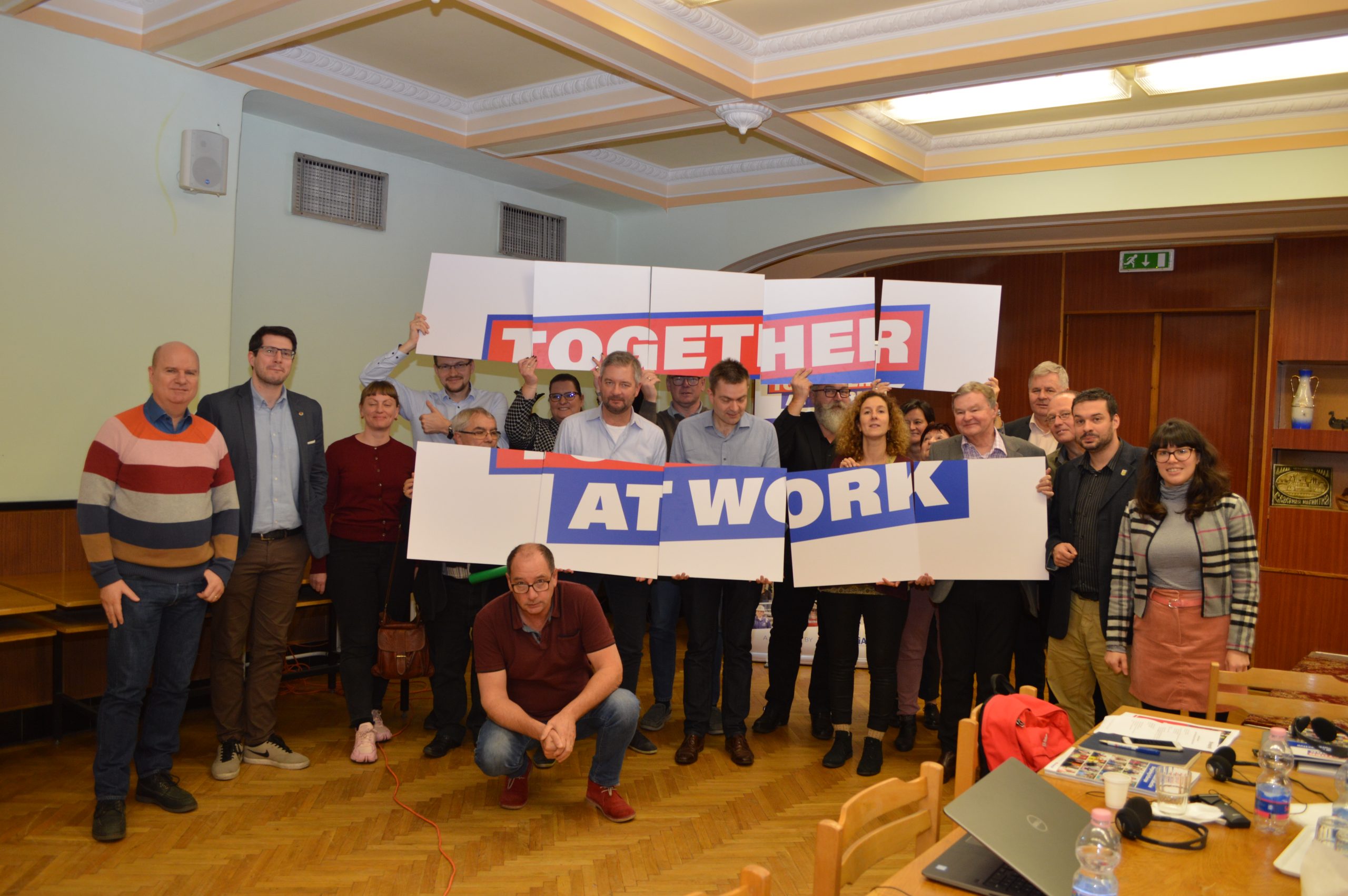
Over the last decade, under the governments of Viktor Orban, workers' rights and collective baragaining have been restricted in Hungary.
Yet, there have been some successes, particularly in sectors where enough workers are in unions to be able to tip the balance in favour of quality collective agreements.
Find out more about collective bargaining in Hungary here.

You can find out more about collective bargaining in every country in Europe here.
We will be updating the map with more information for each country as the campaign gets underway.
In the meantime, watch the video or read the briefing.
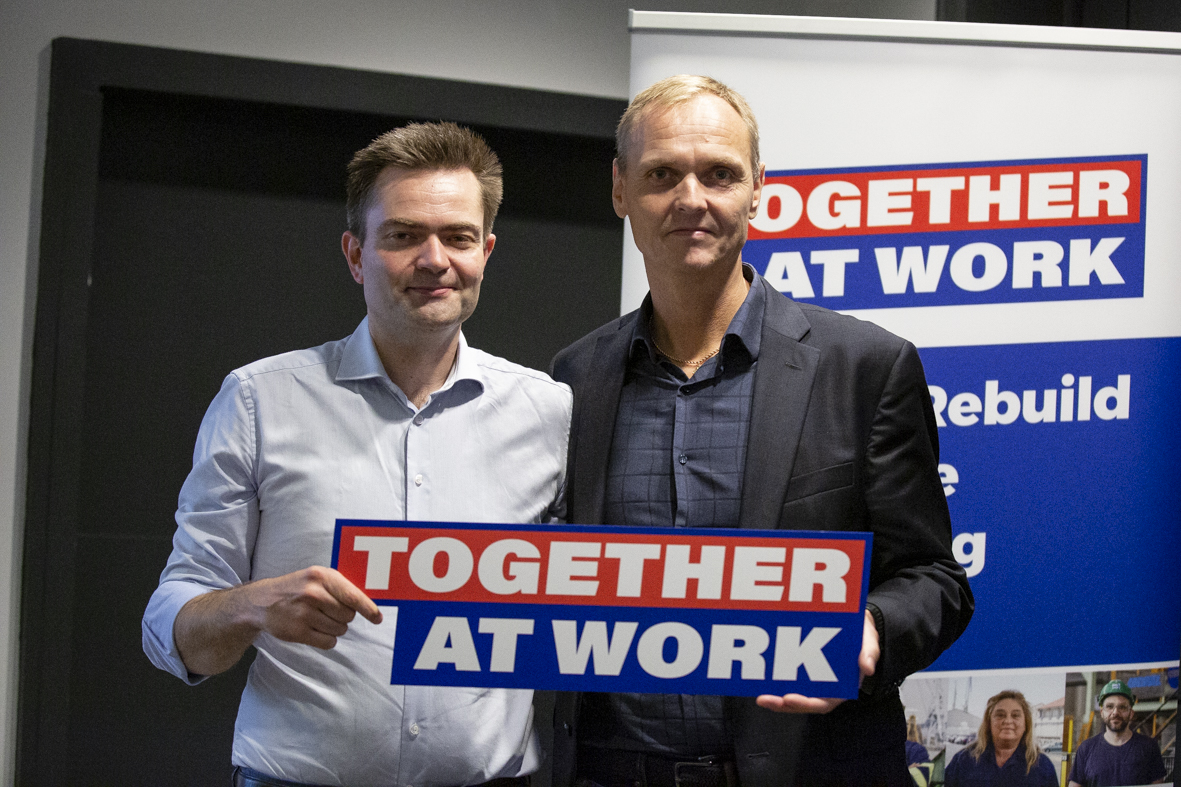
The Danish labour market regulation is characterised by the exclusive role of the social partners and is mainly defined by the sectoral collective agreements negotiated between them. Hence, wages and working conditions are primarily regulated through collective agreements concluded at branch, but also company level.
The collective agreement can include a minimum wage, but it is not a standard claim. The frameworks for negotiations on wage-setting and wage in-creases are set in the collective agreements at sector level. Further wages negotiations take place at company level.
The Danish collective bargaining system is one of the strongest in Europe but, unlike many countries, it has little legal basis, instead relying on the autonomy of social partners to take decisions together.

You can find out more about collective bargaining in every country in Europe here.
We will be updating the map with more information for each country as the campaign gets underway.
In the meantime, watch the video or read the briefing.

You can find out more about collective bargaining in every country in Europe here.
We will be updating the map with more information for each country as the campaign gets underway.
In the meantime, watch the video or read the briefing.

The most important level of social dialogue in Slovakia is the company level. This fact is given historically, when the collective bargaining in the past took place only at the company level and it is also conditioned by the legislation that applies in Slovakia.
OZ KOVO at company level concludes almost 400 company collective agreements each year, the core of which are wage and working time issues. OZ KOVO evaluates the content of these collective agreements annually on the basis of a questionnaire survey.
According to the data, employees who are subject to a collective agreement have 20% higher wages than those who do not negotiate a collective agreement.
Read more about collective bargaining and our campaign in Slovakia here.

You can find out more about collective bargaining in every country in Europe here.
We will be updating the map with more information for each country as the campaign gets underway.
In the meantime, watch the video or read the briefing.
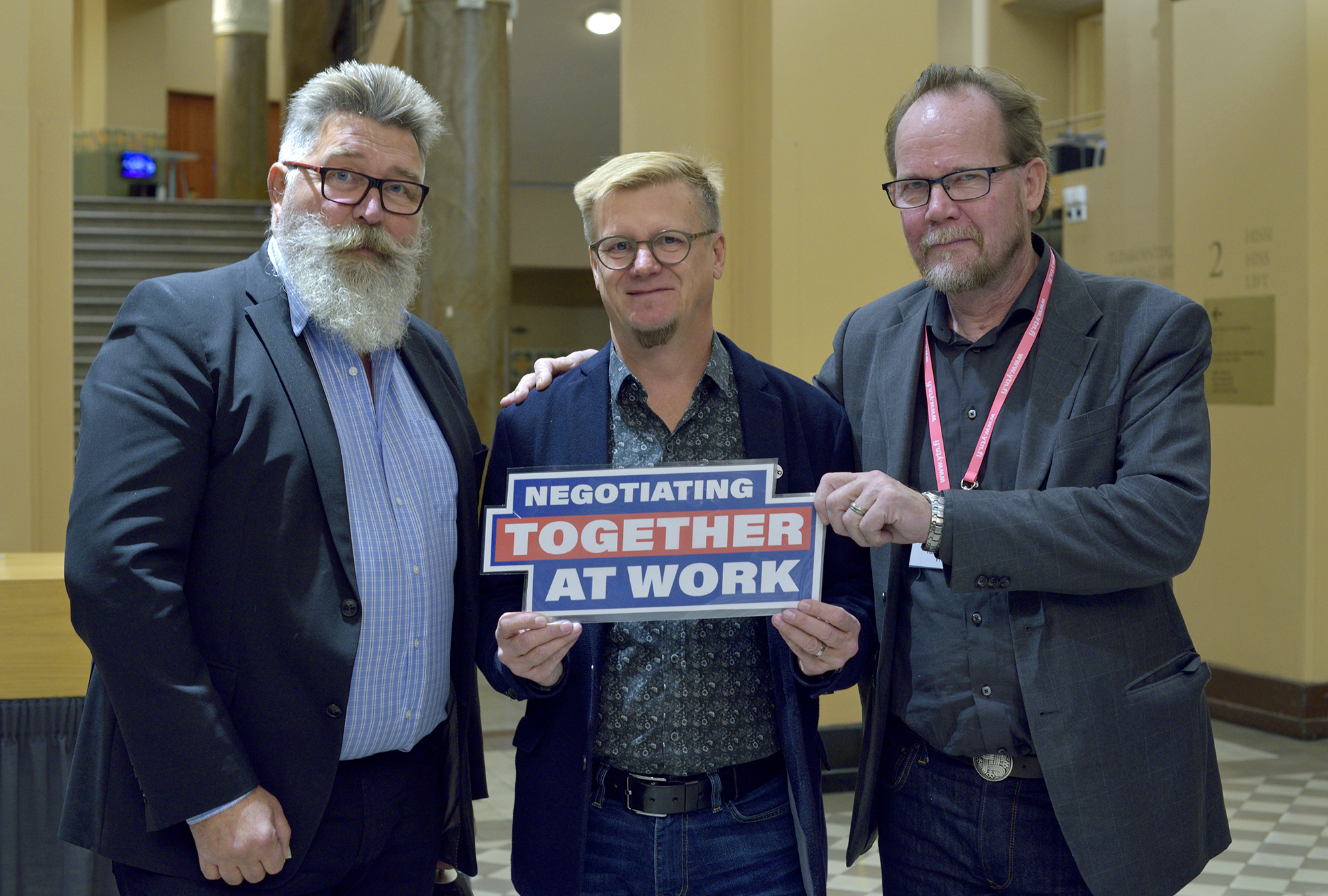
In Finland, collective agreements are negotiated by industry or sector. The industrial trade unions have a high organizing rates and coverage of collective agreements.
Almost all employees are covered by generally binding collective agreements.
The recession that started in 2008 hit the Finnish economy hard and industry only returned to operating at full capacity a couple of years ago.
Between 2015-2019, there was a right-wing government in Finland that sought to defeat the position of the trade union movement and severely weaken the interests of employees in terms of, among other things, unemployment protection.
Some of the right-wing government's goals were prevented by trade unions through demonstrations and strikes.
However, the government pressured the social partners to approve the competitiveness pact that it had put forward, which, among other things, extended the working hours of each employee by 24 hours per year without salary compensation and cut public sector holiday pay by 30%.
Watch videos and find out more about the campaign in Finland.

You can find out more about collective bargaining in every country in Europe here.
We will be updating the map with more information for each country as the campaign gets underway.

You can find out more about collective bargaining in every country in Europe here.
We will be updating the map with more information for each country as the campaign gets underway.

You can find out more about collective bargaining in every country in Europe here.
We will be updating the map with more information for each country as the campaign gets underway.
In the meantime, watch the video or read the briefing.

IF Metall organizes approximately 300 000 members working in the Swedish industry. However, the industry generates far more work in Sweden, around 800 000 employments are related to the industry. This means that the Swedish industry and the Swedish industry workers play a significant important role for the Swedish society and the welfare system.
We believe that the “Swedish Model” has the fundamental importance in building our strength and power. The wages are negotiated at national level between trade unions and employers organization, without interference from political parties.
In IF Metall we negotiate 41 national agreements in various sectors, and the national bargaining agreement stipulates wages and all working conditions. Some parts has been strengthen by legislation (such as co-determination law, working environment act) but we will never leave the negotiations over to the political side to be determined.
Read more and watch videos about collective bargaining and the Together at Work campaign in Sweden here.

You can find out more about collective bargaining in every country in Europe here.
We will be updating the map with more information for each country as the campaign gets underway.
In the meantime, watch the video or read the briefing.

You can find out more about collective bargaining in every country in Europe here.
We will be updating the map with more information for each country as the campaign gets underway.
In the meantime, watch the video or read the briefing.

In Poland, the disappearance of collective bargaining was mainly influenced by the restructuring and privatization of industry in the nineties. The existing Collective Bargaining Collective Agreements were terminated by employers. A large part of the Polish industry became the property of foreign concerns, which, having collective bargaining in the EU countries, did not want to enter into negotiations in Poland. Legal instruments are available in Poland to negotiate and conclude collective agreements. Unfortunately, there are practically no employer associations, so there is no negotiable page industry collective agreements. The few existing employers' associations are not willing to negotiate.
United Kingdom

Prior to 1979 82% of UK workers were covered by some form of collective agreement. This included industry wide national agreements; group and company wide agreements and wages councils.
However, through the anti union legislation introduced by Margaret Thatcher and successive governments, neo-liberal policies, re-structuring of industries and rapid changes in technology saw collective bargaining pushed back by employers, along with de-recognition of unions and, the rise of agency and temporary work and zero hours which made it harder to unions to win recognition in new workplaces. Subsequently collective bargaining has shrunk in the UK.
Companies in manufacturing and energy where Unite and other unions are recognised still have high levels of membership and collective bargaining, (national, group and company wide agreements). In non union companies, where unions don’t have union recognition, pay and conditions are determined by individual contracts, personal appraisals and in some case at the whim employers. On average Unite members earn, 10% more than non union workers.
Unite’s ‘Work ,Voice, Pay’ campaign aims to improve bargaining strength at work and we are working with with the Labour Party to introduce sectoral collective bargaining across the economy to end the significant inequalities in pay and conditions which exist and to put an end precarious employment.
Read coverage of the campaign in the UK.

You can find out more about collective bargaining in every country in Europe here.
We will be updating the map with more information for each country as the campaign gets underway.
In the meantime, watch the video or read the briefing.

You can find out more about collective bargaining in every country in Europe here.
We will be updating the map with more information for each country as the campaign gets underway.
In the meantime, watch the video or read the briefing.

You can find out more about collective bargaining in every country in Europe here.
We will be updating the map with more information for each country as the campaign gets underway.
In the meantime, watch the video or read the briefing.

You can find out more about collective bargaining in every country in Europe here.
We will be updating the map with more information for each country as the campaign gets underway.
In the meantime, watch the video or read the briefing.

You can find out more about collective bargaining in every country in Europe here.
We will be updating the map with more information for each country as the campaign gets underway.
In the meantime, watch the video or read the briefing.

You can find out more about collective bargaining in every country in Europe here.
We will be updating the map with more information for each country as the campaign gets underway.
In the meantime, watch the video or read the briefing.

You can find out more about collective bargaining in every country in Europe here.
We will be updating the map with more information for each country as the campaign gets underway.
In the meantime, watch the video or read the briefing.

You can find out more about collective bargaining in every country in Europe here.
We will be updating the map with more information for each country as the campaign gets underway.
In the meantime, watch the video or read the briefing.

You can find out more about collective bargaining in every country in Europe here.
We will be updating the map with more information for each country as the campaign gets underway.
In the meantime, watch the video or read the briefing.

You can find out more about collective bargaining in every country in Europe here.
We will be updating the map with more information for each country as the campaign gets underway.
In the meantime, watch the video or read the briefing.

You can find out more about collective bargaining in every country in Europe here.
We will be updating the map with more information for each country as the campaign gets underway.
In the meantime, watch the video or read the briefing.

You can find out more about collective bargaining in every country in Europe here.
We will be updating the map with more information for each country as the campaign gets underway.
In the meantime, watch the video or read the briefing.

You can find out more about collective bargaining in every country in Europe here.
We will be updating the map with more information for each country as the campaign gets underway.
In the meantime, watch the video or read the briefing.

You can find out more about collective bargaining in every country in Europe here.
We will be updating the map with more information for each country as the campaign gets underway.
In the meantime, watch the video or read the briefing.

You can find out more about collective bargaining in every country in Europe here.
We will be updating the map with more information for each country as the campaign gets underway.
In the meantime, watch the video or read the briefing.

You can find out more about collective bargaining in every country in Europe here.
We will be updating the map with more information for each country as the campaign gets underway.
In the meantime, watch the video or read the briefing.

You can find out more about collective bargaining in every country in Europe here.
We will be updating the map with more information for each country as the campaign gets underway.
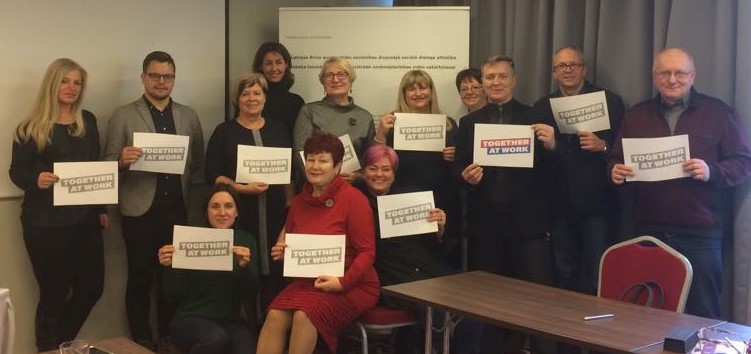
According to the latest statistics, collective agreements in Lithuania “cover” less than 10%. However, at the end of 2019, a national collective agreement in the public sector was signed, so the coverage of collective agreements increased, reaching around 40%.
Creating social dialogue in Lithuania is not a new idea. Political and financial instruments to strengthen social dialogue have been in place since joining EU. Commitment to social dialogue is flowing in all government programs, party electoral promises and future development strategies, such as Lithuania 2030, even through periodic national agreements. Unfortunately, they are completely barren, and we have not advanced to the level we were 15 years ago.
Employers in Lithuania have for a long time been less motivated to engage in social dialogue, especially at a higher level than the company.
Find out what unions in Lithuania are doing to get employers to the table.